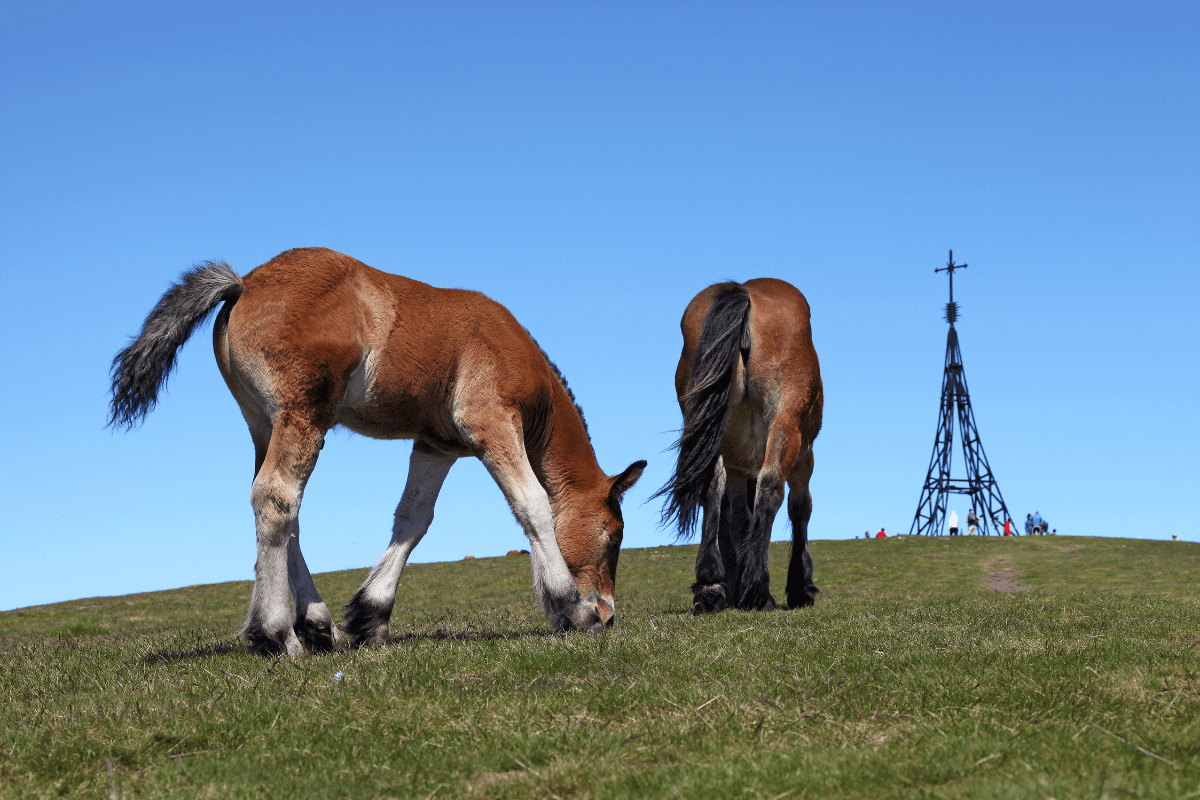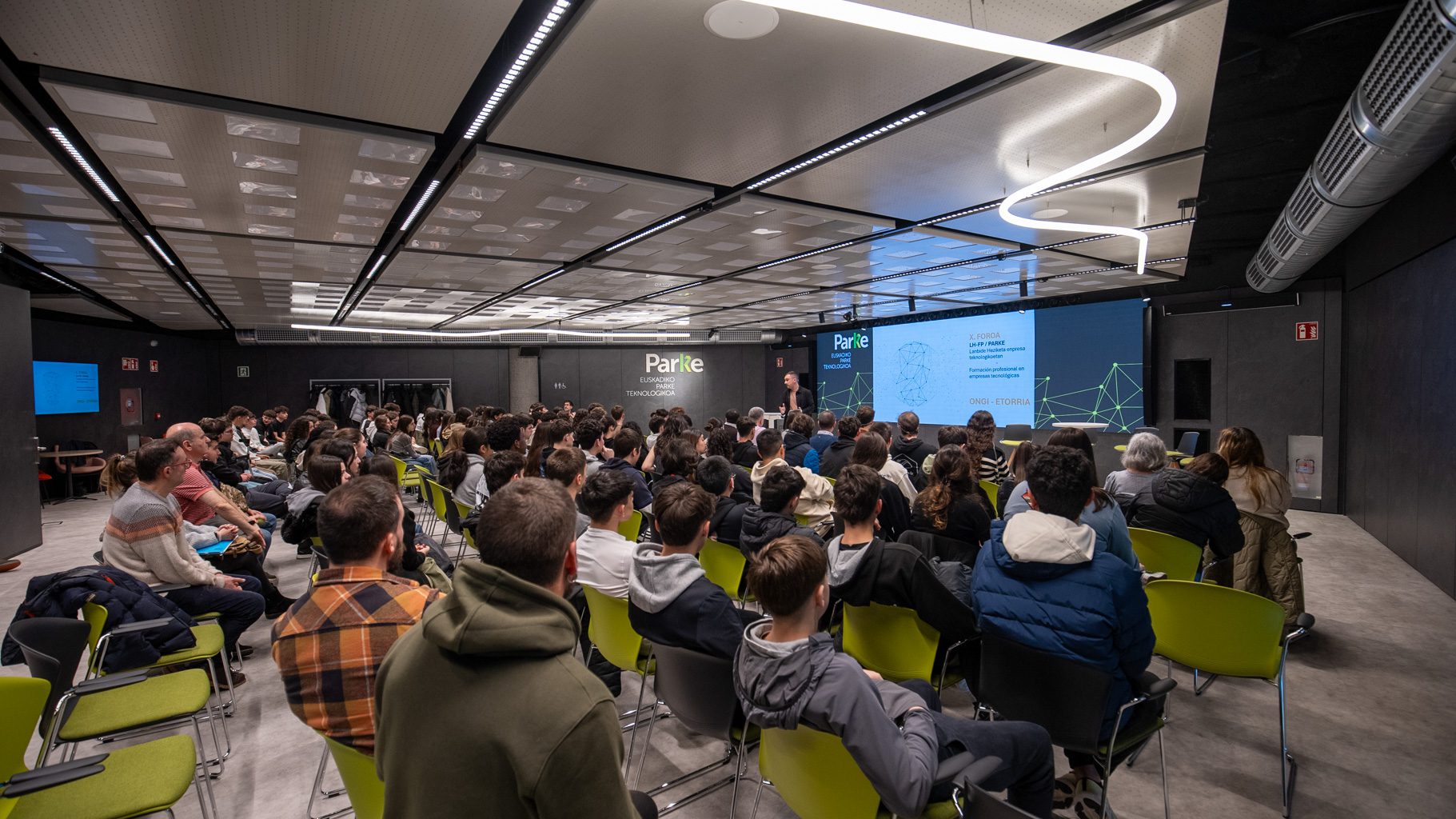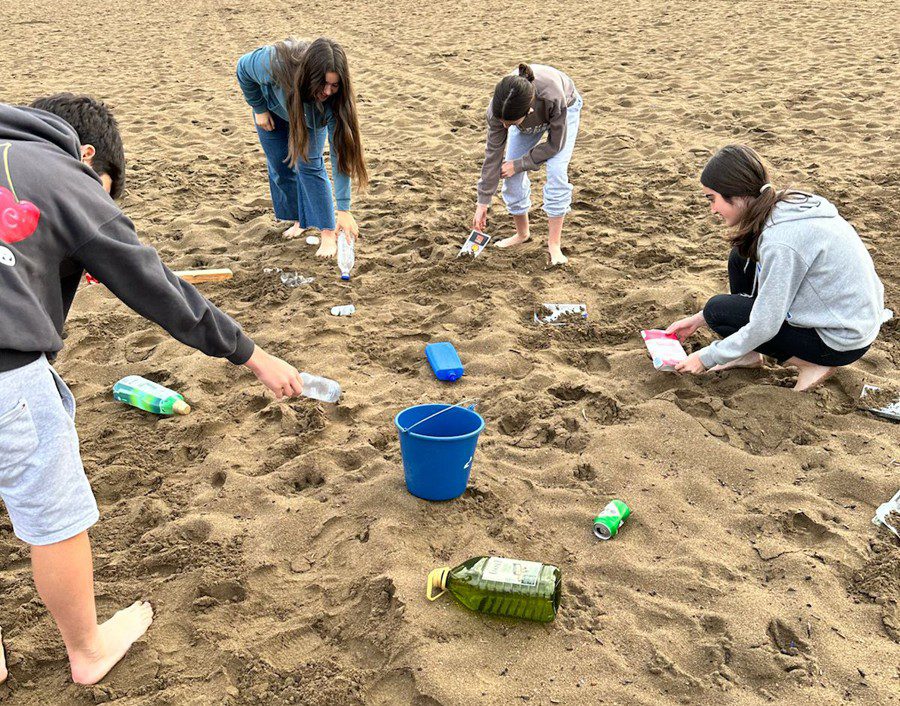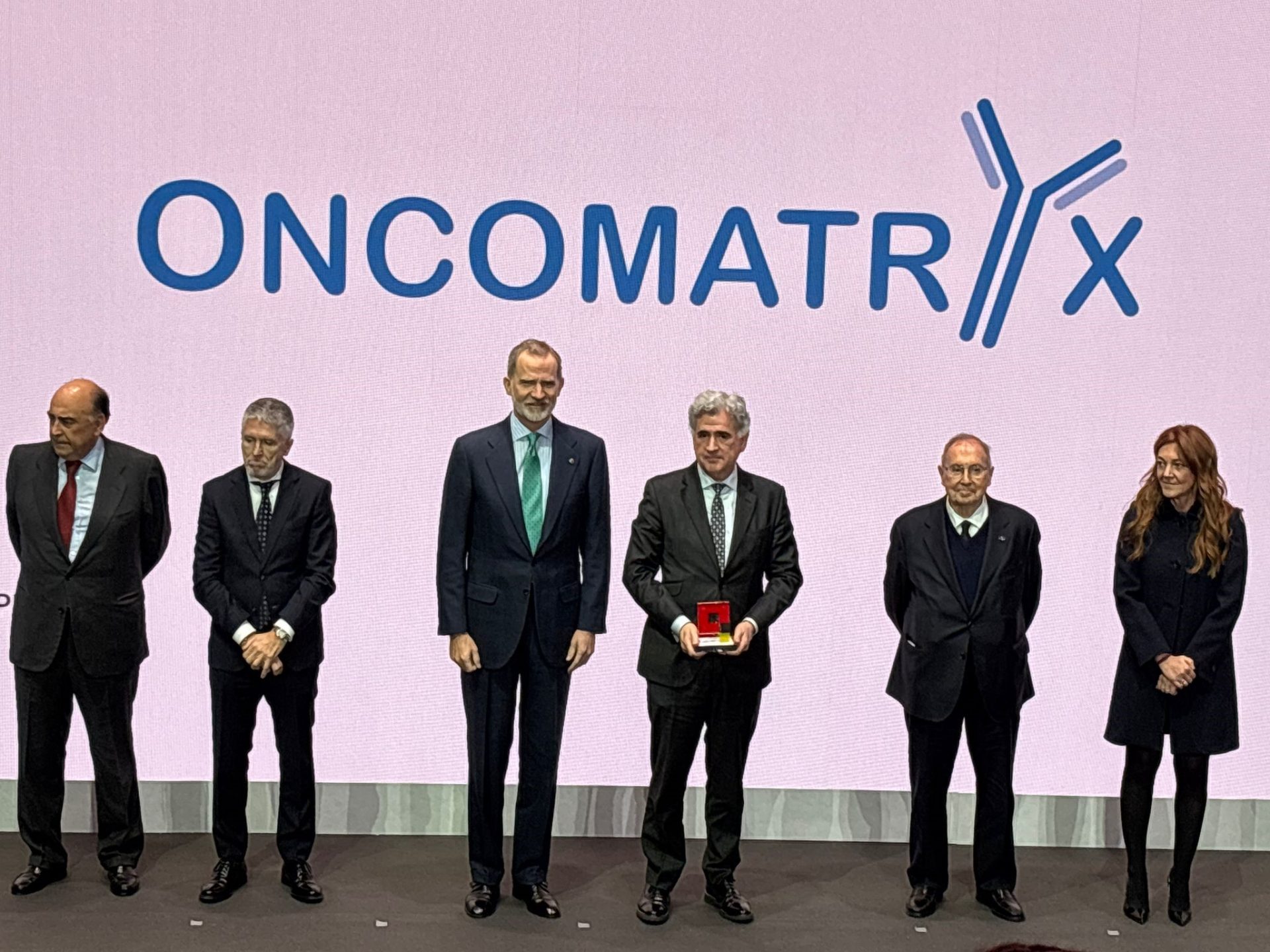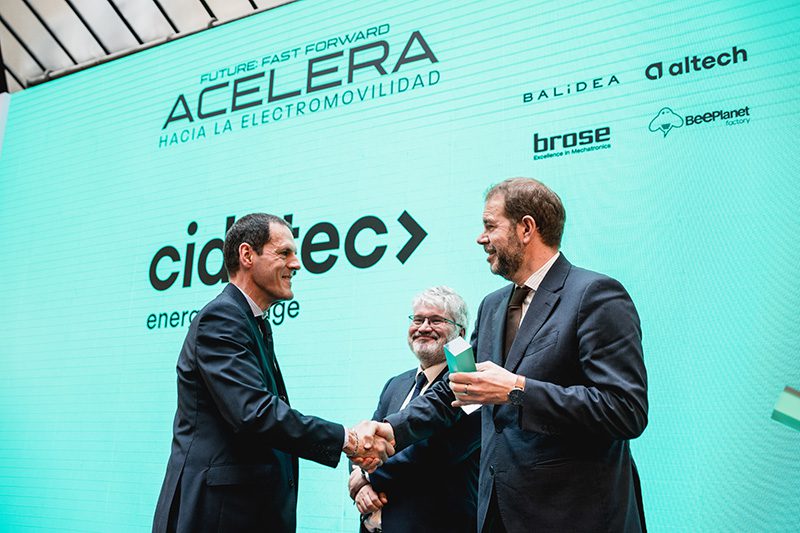Artificial intelligence solutions to improve occupational safety in the construction sector
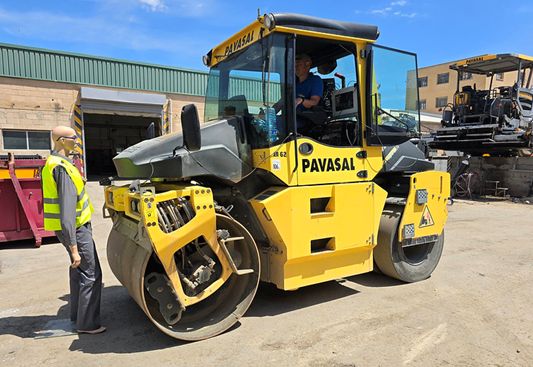
The Tekniker technology centre and Pavasal have developed a smart system for mobile machinery to predict hazardous situations. The solution is equipped with state-of-the-art cameras that detect situations of imminent danger and immediately send a warning to a Bluetooth bracelet worn by operators at risk.
Constant interactions between heavy machinery, personnel and objects in construction environments pose a high risk in terms of personal safety. Other factors such as adverse weather conditions and specific features associated with worksites, such as road works, could lead to dangerous incidents.
It is in this regard, that new artificial intelligence (AI) technologies could potentially reduce occupational accidents significantly and improve personal safety. As an example, we have the solution jointly developed by the Tekniker technology centre, a member of the Basque Research and Technology Alliance (BRTA), and Pavasal, a Valencia-based company, that has been tested successfully in controlled environments.
This innovative smart system is installed aboard mobile machinery used at work sites and accurately detects people and objects and can interpret and predict what they intend to do when dealing with a challenging situation.
Tekniker researcher Aitor Gutiérrez remarks that “conventional solutions currently used to address situations of this kind only achieve a limited degree of efficacy in environments that are highly dynamic and ever-changing. Consequently, the sector must develop a more advanced and reliable technology to improve occupational safety and reduce the risk of accidents”.
Three levels of alert
The system delivers three levels of alert. On level one, that applies to potentially risky situations, the beacon inside the machine’s booth lights up yellow and triggers a preliminary warning. On level two, and when a really dangerous situation occurs, the beacon flashes red. On level three, finally, when the risk becomes a critical situation, the beacon stays red and beeping can be heard.
The system then sends an alert automatically to the Bluetooth bracelet worn by the worker at risk to trigger a constant vibration that only stops when the person reacts. Should there be no response and the danger continues, the system can perform an emergency shutdown to stop the machine automatically and avoid accidents.
The solution combines state-of-the-art RGB-D cameras and advanced AI algorithms for the real-time processing of dot clouds and images using convolutional neural networks (CNN) to detect and accurately monitor people and objects close to mobile machinery.
Tekniker has also designed predictive models that analyse movements and intentions to anticipate potential hazards. In order to ensure a safe and customised identification process, the technology has incorporated optical character recognition technologies (OCR) to identify workers according to their individually coded jackets.
By bringing together Tekniker’s knowledge in terms of developing AI applied to vision technologies and Pavasal’s experience in the construction sector, it has been possible to develop a solution that is robust, reliable and can be adapted to the sector’s needs. This system does not only improve occupational safety for workers, but also provides a tool that is crucial to prevent accidents in highly dangerous environments.
The initiative has been supported by a programme under the name of «Research and AI Development projects and other digital technologies and their integration in value chains» sponsored by a Red.es, a publicly owned organisation that has filed a patent application for the resulting technology.
The solutions developed to date have received several outstanding recognitions such as the 1st ISL Prize awarded by ASEFMA to innovation in occupational safety and the 10th International Juan Antonio Fernández del Campo award to road innovations presented by the Spanish Road Association (AEC). Another outstanding recognition took place at the most recent edition of Global Innovation Day, an event sponsored by Innobasque, the Basque Innovation Agency.
